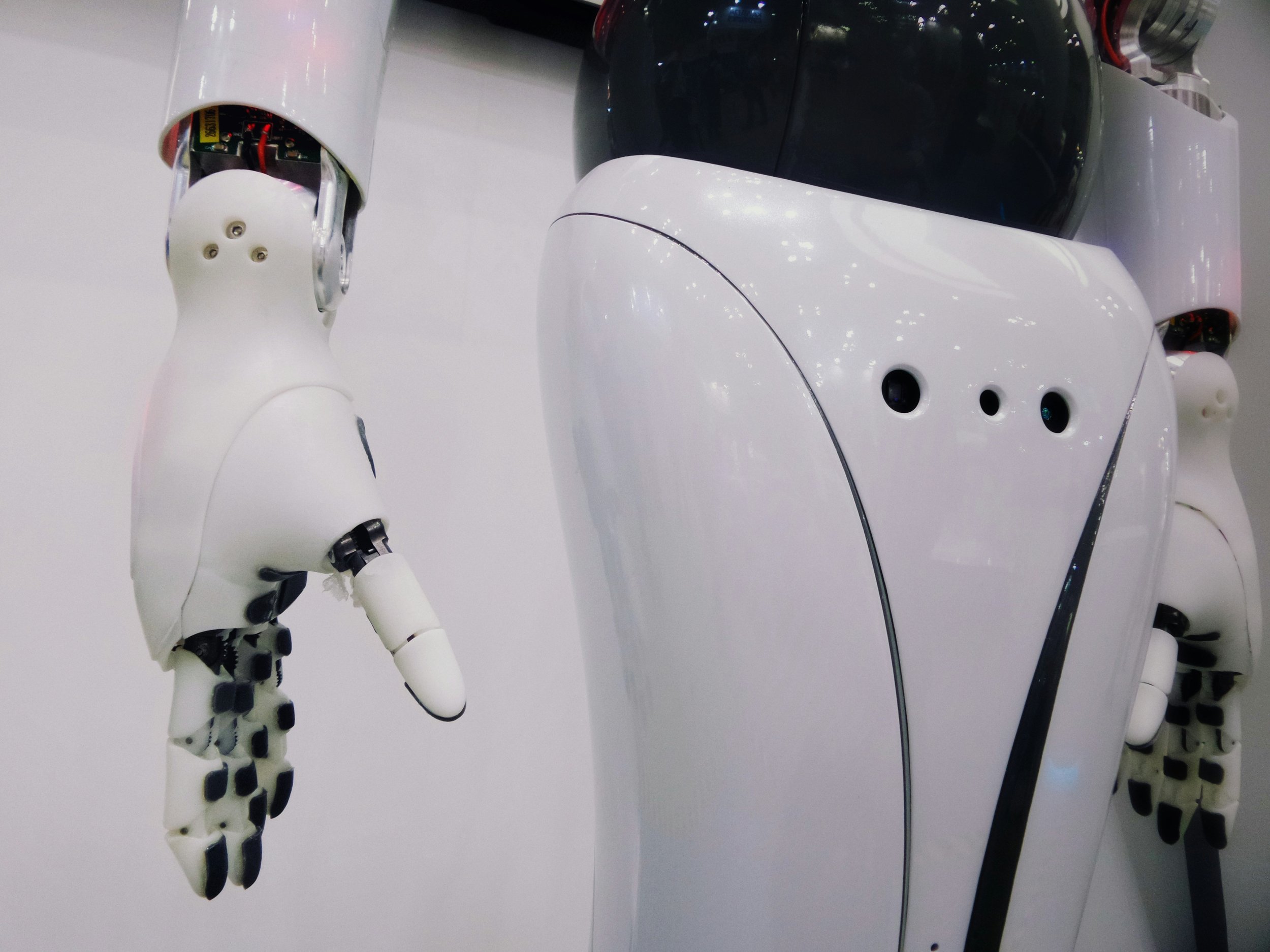
How OpenEvidence is Changing Healthcare: The Truth About AI in Medicine
Artificial intelligence is rapidly transforming healthcare—from streamlining documentation to enhancing clinical decision-making. This post examines how AI is transforming the patient experience and its implications for the future of healthcare delivery.

The Future of Robotic Assistants: AMECA's Role in Healthcare Innovation
As AI and robotics continue to shape the future of healthcare, meet AMECA—the humanoid robot changing how clinicians and patients connect. Discover how this expressive bot is transforming respiratory therapy, patient engagement, and the future of clinical support.

Embrace the Future: How Artificial Intelligence is Revolutionizing Respiratory Therapy
From ventilator management to predictive diagnostics, artificial intelligence is rapidly transforming how respiratory therapists care for patients. As the demands on RTs grow, AI is stepping in—not to replace us—but to enhance clinical decision-making, reduce burnout, and improve outcomes. Here’s how AI is reshaping the future of respiratory care.

The Role of Respiratory Therapists in an AI-Driven Future
Artificial intelligence (AI) and robotics are revolutionizing healthcare, and respiratory therapy is no exception. From AI-powered ventilators optimizing patient care to robotic-assisted bronchoscopy improving precision, technology is reshaping the field. But does this mean RTs will be replaced? Absolutely not.
In this article, we explore how AI is enhancing—not replacing—respiratory therapists, making their roles even more critical. Learn how predictive analytics, automated diagnostics, and smart respiratory machines are helping RTs provide faster, smarter, and more efficient patient care—and what you can do to stay ahead in this AI-driven future.
Read the full article now to discover how AI is shaping the future of RT!

Hyperbaric Oxygen Therapy: A Game Changer for Post-COVID Recovery?
Can Hyperbaric Oxygen Therapy (HBOT) Change the Game for Post-COVID Recovery?
Long COVID continues to impact millions, leaving patients struggling with fatigue, brain fog, inflammation, and heart complications. But what if there was a science-backed therapy that could help accelerate recovery?
Recent studies show that HBOT can improve cardiac function, reduce systemic inflammation, and enhance neurological recovery in post-COVID patients. Beyond research, I’ve personally seen HBOT restore quality of life, including one case in which a brain injury patient regained mobility and speech through hyperbaric treatment.
So why isn’t HBOT being used more widely? Why are insurance companies slow to cover it? And most importantly, how can we push for more research, funding, and accessibility?
